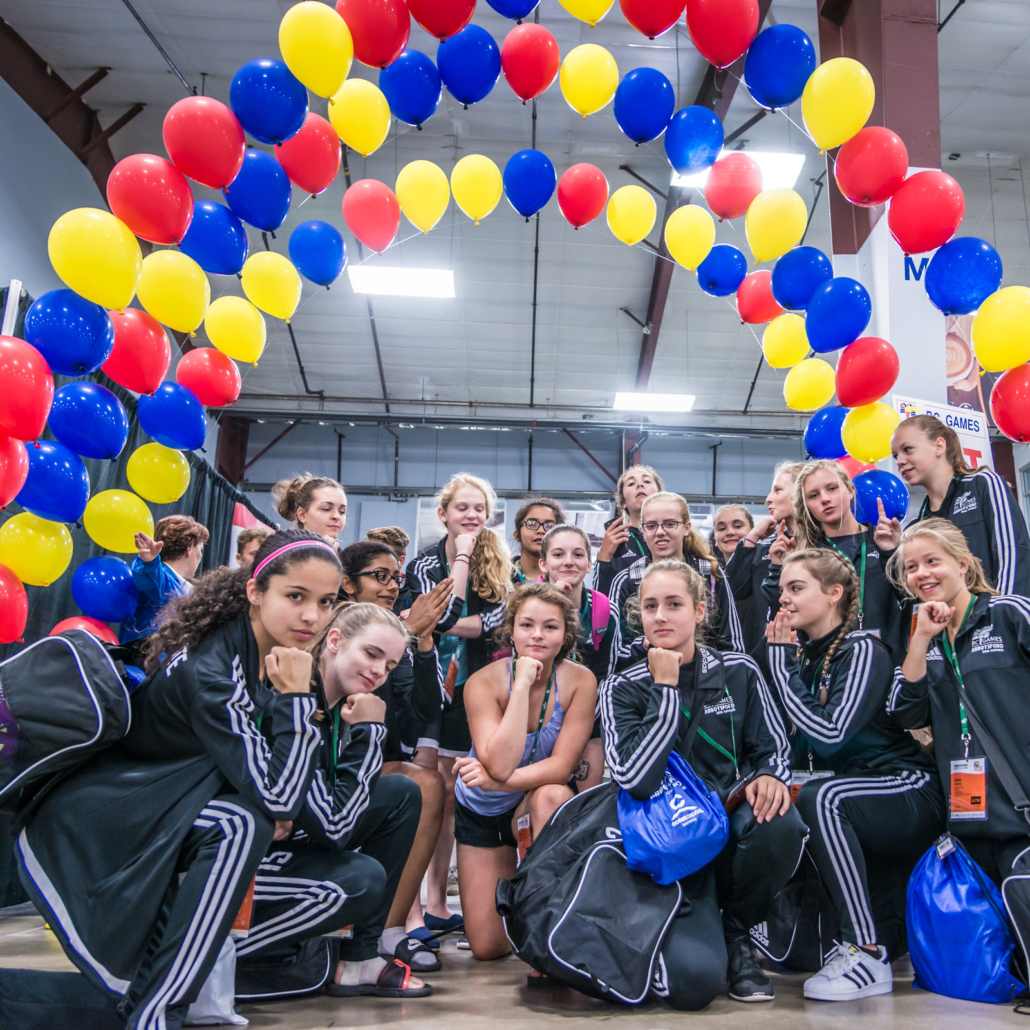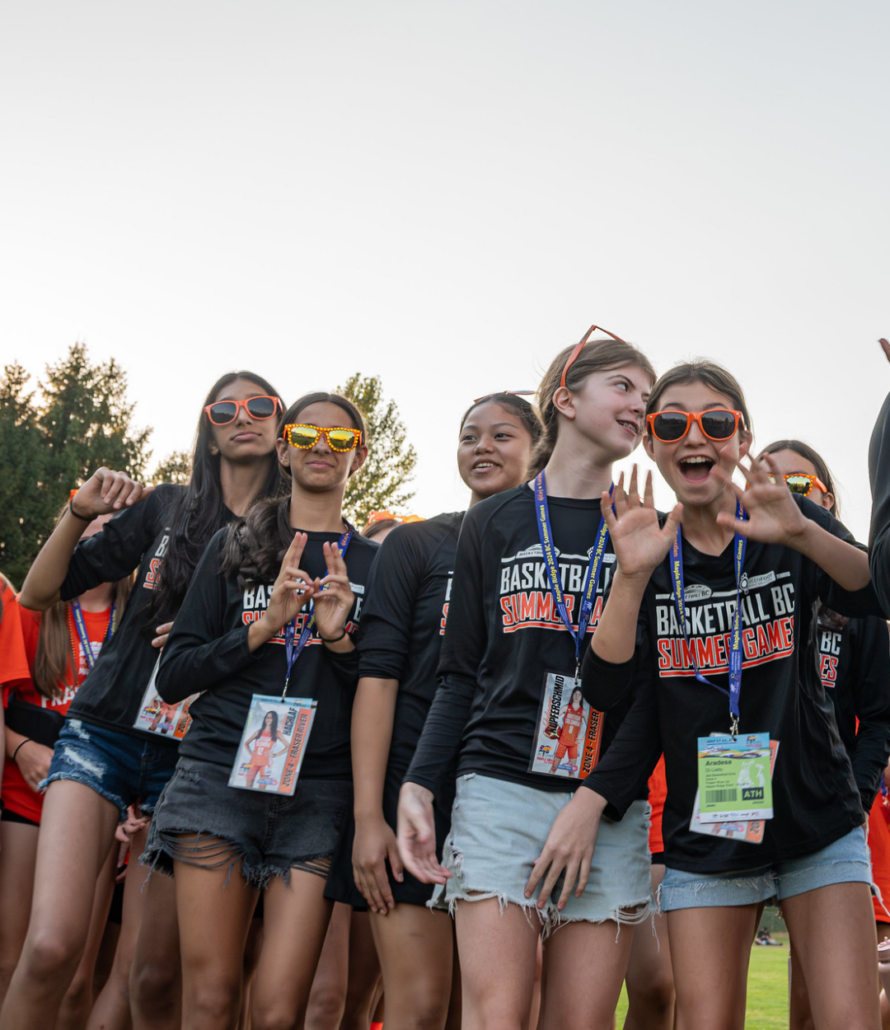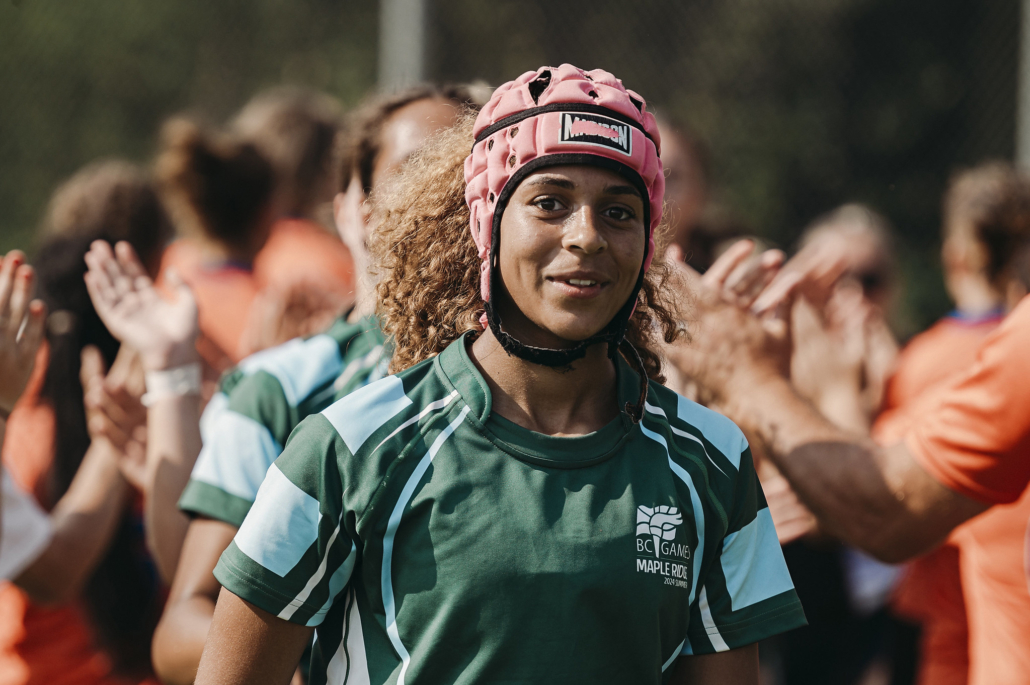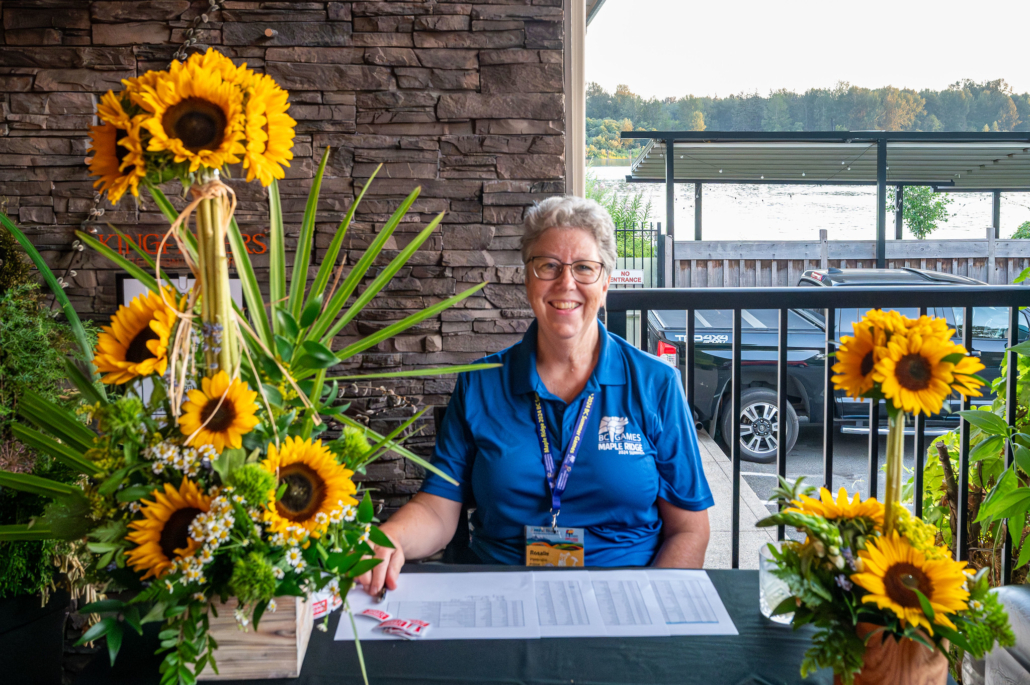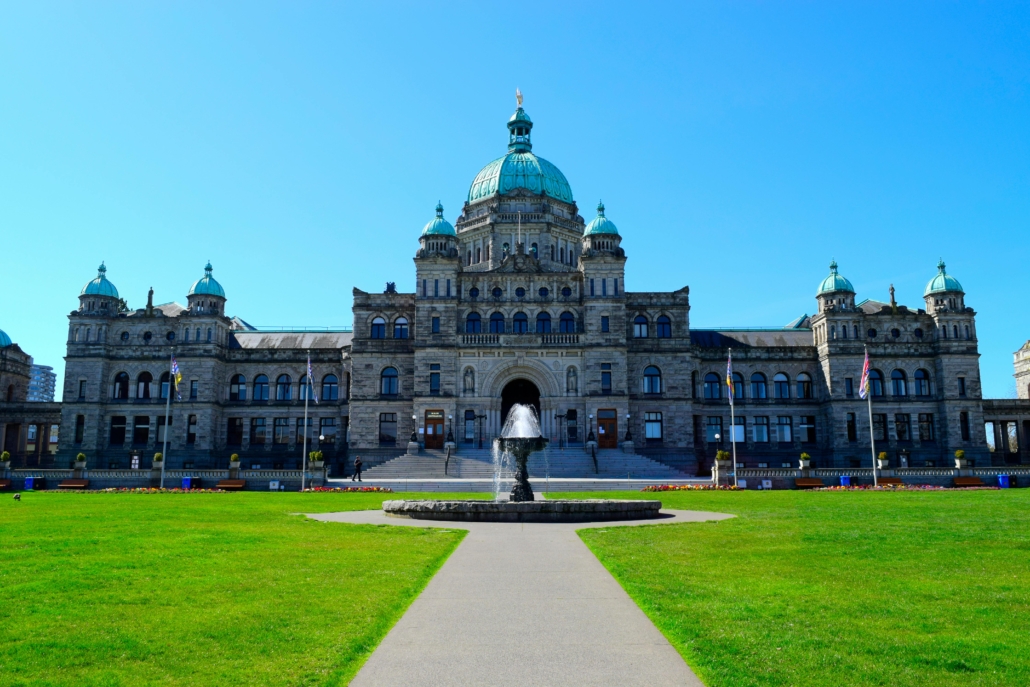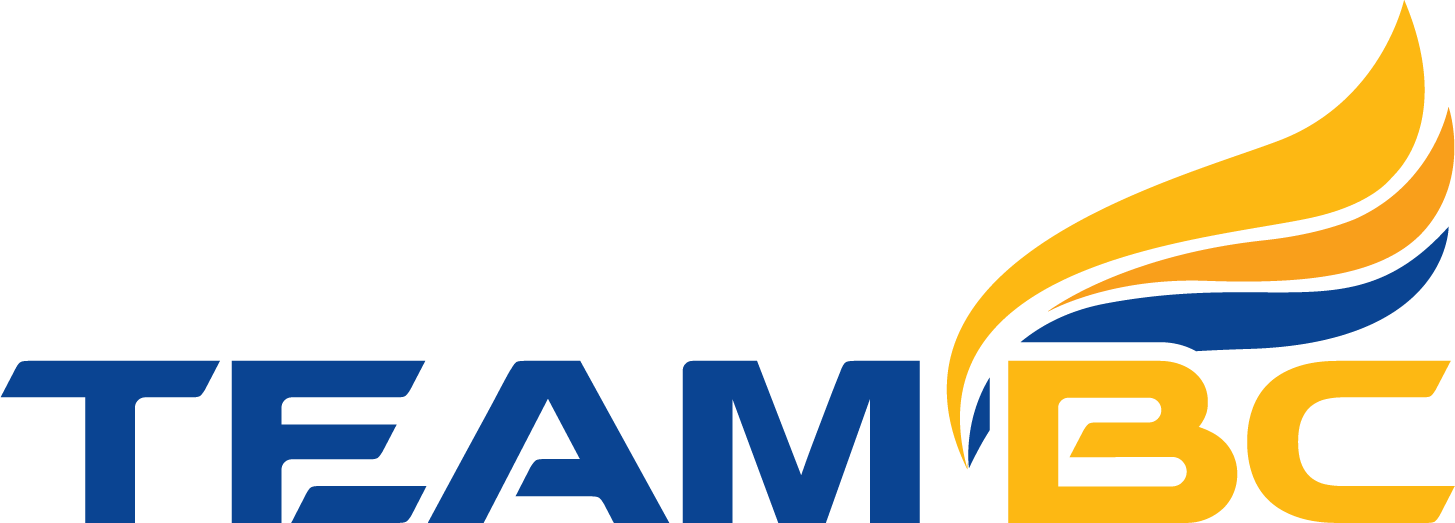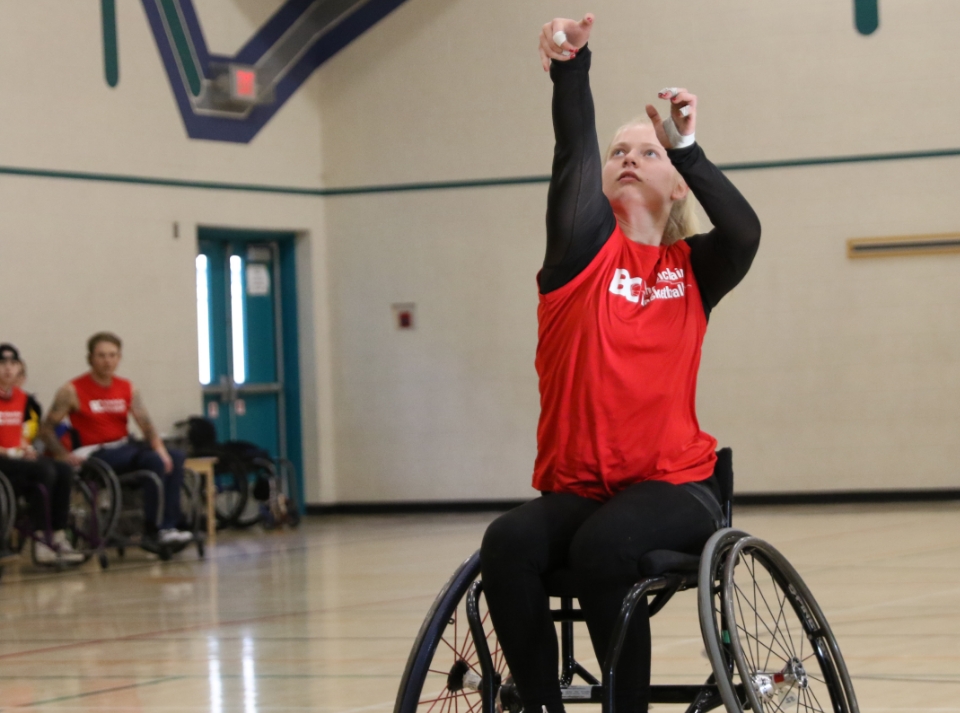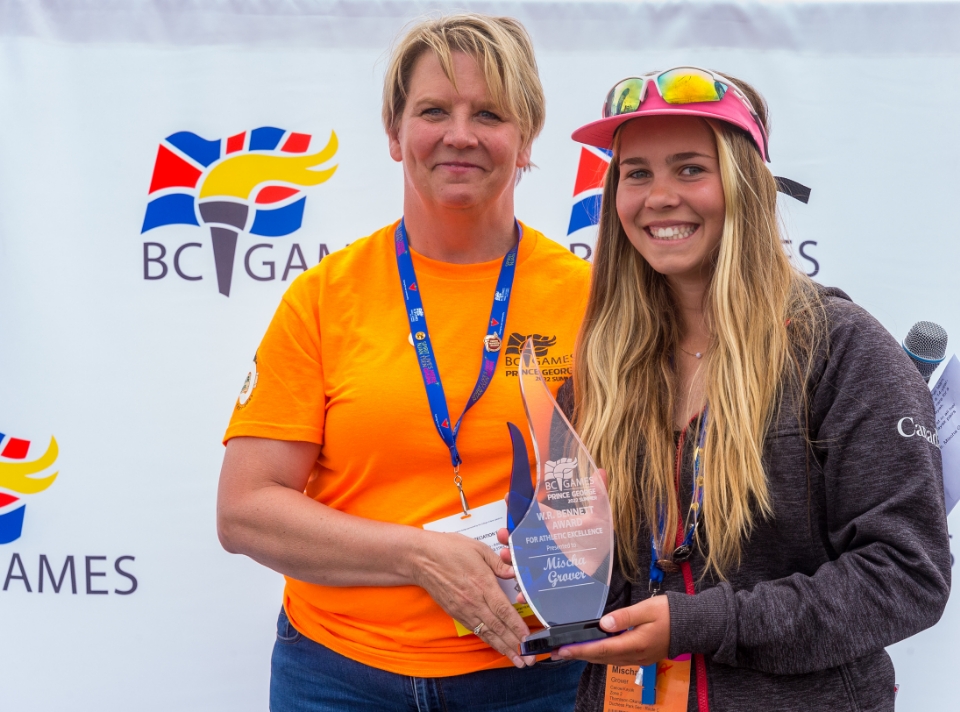A Celebration of Sport and Community
The BC Winter and BC Summer Games are British Columbia’s biennial celebration of sport and community, bringing together British Columbia’s best emerging high performance athletes, trained coaches, and certified officials for five days of sport and activity.
The event provides an opportunity for the development of athletes, coaches, and officials in preparation for higher levels of competition, and the multi-sport environment helps promote interest and participation in sport and recreation, individual achievement, and community development.
The BC Games provide important economic and tourism benefits, allowing hosts to profile their communities and benefit from an economic impact in the range of $1.6 million to $2 million. The legacies of the BC Winter and BC Summer Games allow for capacity building in communities across the province resulting in a stronger British Columbia.
